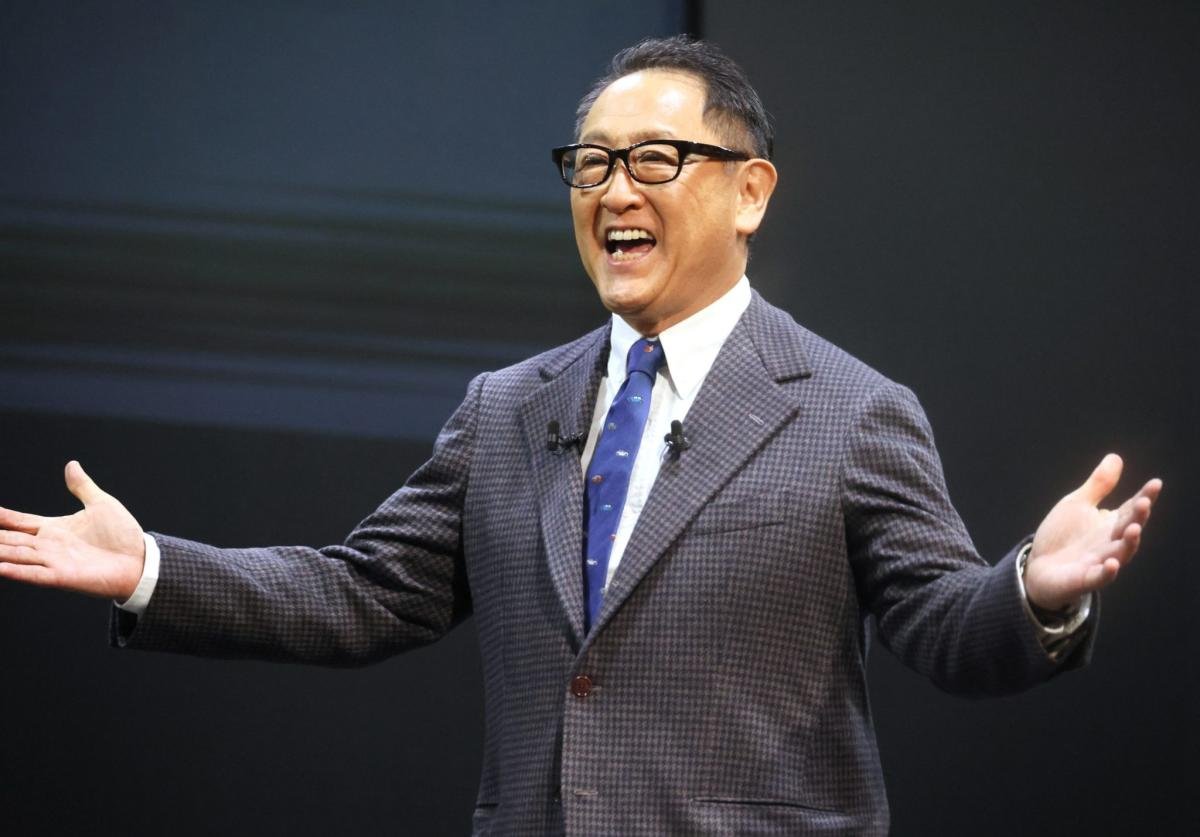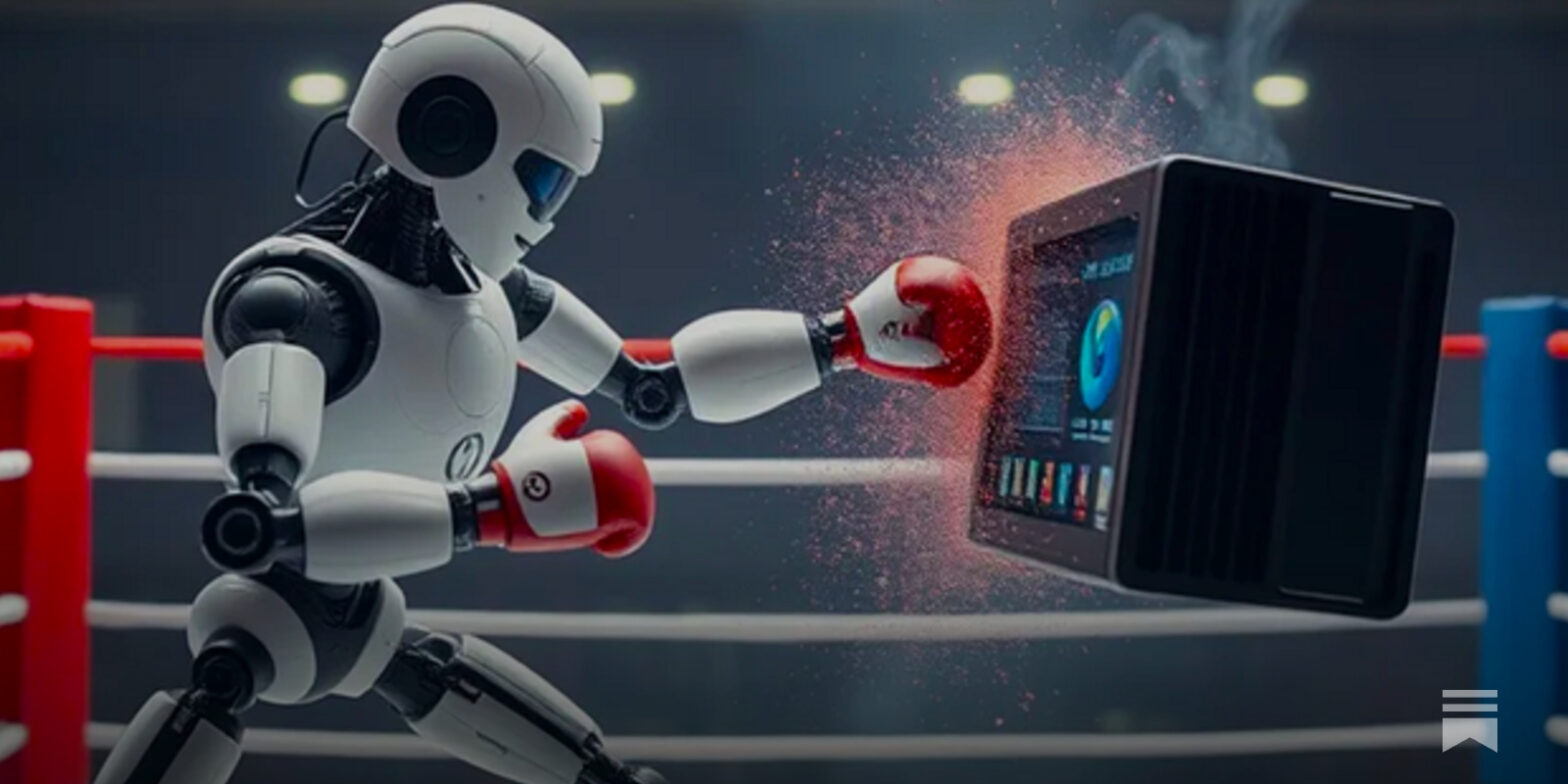Toyota was skeptical of electric vehicles back when that wasn’t fashionable. In October 2022, for instance, then-CEO Akio Toyoda said that EVs “are just going to take longer than the media would like us to believe.” As other big carmakers made bold proclamations about when they go all electric, Toyota refused to play along, vowing instead to keep offering a wide array of powertrains and letting consumers decide for themselves.
“That’s our strategy and we’re sticking to it,” he insisted, vowing to focus on hybrids, which this carmaker pioneered with the release of the Prius in Japan in 1997, and three years later in the U.S. Since then, the Japanese giant has steadily increased its hybrid offerings.
Toyota’s stance was not a good look at the time—and it didn’t go over well.
“Toyota is not correctly responding to calls from the market to take a lead in electric vehicles,” Satoru Aoyama, senior director at Fitch Ratings, told the Financial Times, warning the carmaker could “lose investor confidence.”
Environmentalists were none too pleased, either. “The fact is: a hybrid today is not green technology,” blogged Katherine Garcia, director of the Sierra Club’s Clean Transportation For All campaign. “The Prius hybrid runs on a pollution-emitting combustion engine found in any gas-powered car…Rather than invest in EVs, though, Toyota is putting corporate profits and the status quo over tackling the climate crisis.”
The pressure grew so intense that, partly in response, Toyoda—the grandson of the company’s founder—left his CEO role to become chairman.
“Because of my strong passion for cars, I am an old-fashioned person in regards to digitalization, electric vehicles, and connected cars. I cannot go beyond being a car guy, and that is my limitation,” he said. “The new team can do what I can’t do.”
‘A strength of Toyota’
But it turns out he was onto something. This week, the carmaker raised its operating profit guidance by nearly 9% for the fiscal year ending March 31, crediting higher sales of hybrid vehicles across all its major markets.
That contrasted with EV leader Tesla, which despite repeated price cuts to boost demand warned that this year’s sales growth might be “notably lower” than last year’s. Meanwhile there are increasing signs from carmakers and markets around the world that sales growth for electric vehicles is slowing.
With hybrids alone, Toyota sold roughly 3.4 million vehicles globally last year, up from 2.6 million in 2022. Tesla, by contrast, sold 1.8 million vehicles, all of them electric. In total, Toyota sold 11.2 million vehicles, allowing it to retain its crown as the top-selling carmaker for the fourth consecutive year.
EV sales in the U.S. grew an impressive 51% last year, according to Edmunds, but hybrid sales did even better, jumping 63%.
“We think the market is now rethinking the potential of hybrid products, which are a strength of Toyota,” Goldman Sachs analysts wrote in a recent research note.
“I want to congratulate Toyota, which was attacked for saying it was never going to go all-electric and it was going to continue to make the cars people wanted to buy,” said Diana Furchtgott-Roth, director of the Center for Energy, Climate, and Environment at the Heritage Foundation, on Fox Business.
For drivers, hybrids have the feel-good factor of burning less fossil fuel than normal cars—friendlier on the environment and the pocketbook—without the range anxiety, charging issues, and resale value of EVs. (Hybrids maximize efficiency by alternating from gas to battery power.) It also helps that in the U.S. hybrids are priced closer to regular vehicles than are EVs.
Of course, Toyota could end up on the wrong side of history if consumers shift to EVs faster than it expects. While Toyota does offer some EV models—and has more in the works—they still account for just a sliver of its overall sales.
In 2022, Tesla CEO Elon Musk dismissed hybrids as a phase, saying that it’s “time to move on” from them. The last laugh might belong to him and, perhaps, Chinese rivals like Warren Buffett–backed BYD, which recently passed Tesla in global EV sales.
“If consumer adoption of BEVs shifts again and speeds up, Toyota may not be fully ready,” Stephanie Brinley, an associate director at S&P Global Mobility, told Reuters.
But none of that stopped Toyota’s chairman from doubling down on his once-unpopular stance last month, as he estimated that EVs will peak at 30% and share the roads with hybrid, traditional, and hydrogen-powered cars.
This story was originally featured on Fortune.com















